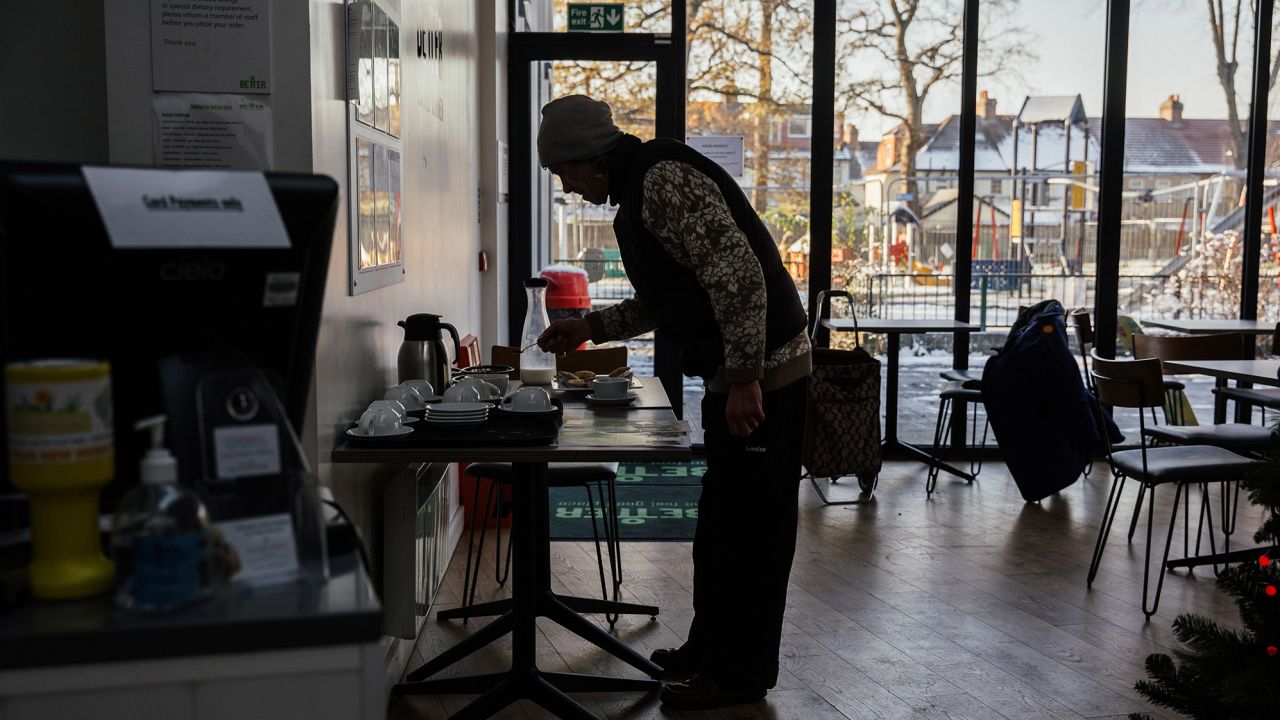‘Life or death:’ As Britons buckle under the cost of living crisis, many resort to ‘warm banks’ for heat this winter

In a community center in central London, a young child plays in a makeshift area as her caregiver rocks her stroller and chats with a friend.
The Oasis Centre in Waterloo sits in a four-story building that has a warm, inviting feeling, with plush chairs and lots of potted plants.
But it’s not your regular high street hangout. This is a haven for families and local people to escape the bitter squeeze of Britain’s cost-of-living crisis – if only for the afternoon.
Thousands of warm banks have opened their doors across the UK this winter, as household budgets are squeezed even further by spiking energy bills and inflation reaches a 40-year high, leaving many scrambling to pay for basic necessities. There are more than 3,000 registered organizations running warm banks in Britain, according to the Warm Welcome Campaign, an initiative that signposts community-led responses to the cost-of-living crisis.
“A lot of people are struggling,” Charlotte, a community and families worker at the center, tells CNN. Her full name is not being disclosed for privacy reasons.
“We haven’t even really got to the peak of the living crisis yet,” the 33-year-old mother-of-four adds. “No one should be choosing whether to put food on the table or to put the heating on.”
The hub is funded by donations from individuals and local businesses, as well as grant incomes from charitable trusts.
The cost of living has risen sharply since early 2021, according to data from the UK government. From October 2021 to October 2022, domestic gas and electricity prices increased by 129% and 66% respectively, the same research found.
The average annual energy bill surged 96% from last autumn to £2,500 (roughly $3,000), with the UK government intervening to cap the unit cost of gas and electricity bills at that level until April 2023. However, the total amount consumers pay for their energy depends on their consumption habits, where they live, how they pay for the energy, and what type of meter they use, according to the UK’s regulator, Ofgem.
-cnn







